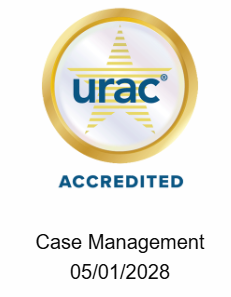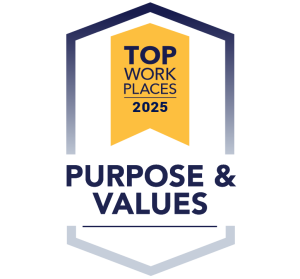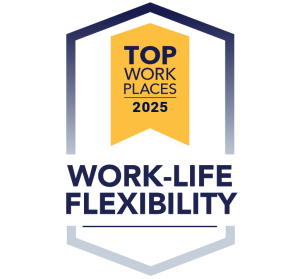By: Renée M. Dain, Senior Vice President, Communications and External Affairs
Research shows that people living with intellectual or developmental disabilities who are supported, not substituted in their decision-making, are more likely to live independently, be employed, and feel satisfied with their lives. Supportive Decision-Making can be a great alternative to guardianship as it keeps people involved in decisions about their own lives, encourages self-advocacy, builds confidence, and respects the individual’s dignity and independence. In this blog, we will highlight what Supportive Decision-Making (SDM) is, how it is different from guardianship, the legalities of SDM, and how to get started. We will also highlight an upcoming webinar with Kelly L. McCrea, Esq. KMC Law of MD on this topic, so you can learn more about this incredible opportunity to support your loved one.
What is Supportive Decision-Making?
Supportive Decision-Making (SDM) provides individuals living with intellectual or developmental disabilities (I/DD) the opportunity to choose trusted people—such as family members, friends, or professionals—to help them understand their options and think through decisions. This team-based approach keeps the individual at the center of the decision-making process, while also offering the guidance needed to make sense of complex information and potential outcomes.
SDM helps people maintain their independence and dignity while still accessing the support they need. With SDM:
- The individual keeps the right to make their own decisions.
- They choose who helps them and in what areas of their life they want help.
- There’s no need to go to court.
- It supports independence and self-advocacy.
How is Supportive Decision-Making different from guardianship?
With Supportive Decision-Making, instead of having someone else make decisions for them (as in guardianship), the person with a disability retains their rights and works with supporters to understand information, consider options, and make choices.
Guardianship is a legal process that removes some or all of a person’s decision-making rights and assigns those rights to another person (the guardian). In many cases, guardianship is seen as the default solution when an individual is unable to make decisions for themselves. However, this approach legally strips individuals of their autonomy, leading to feelings of disempowerment and loss of control over their own lives.
What Are Some Examples of Supportive Decision-Making?
Supportive Decision-Making can look different for each person. Examples include:
- A supporter helps the individual identify their strengths and explore jobs to apply for.
- A supporter helps explain lease terms when choosing housing.
- A supporter helps weigh the pros and cons of medical treatment options.
These supporters do not make the decision — instead, they help the individual gather information and think through the choice.
Is Supportive Decision-Making Legal?
Yes. While not every state has formal laws on Supportive Decision-Making (SDM), anyone can use it as a best practice. In some states, SDM agreements can be used to show others (like doctors, schools, or landlords) that the individual has a support team in place. Even where SDM is not written into law, many courts and professionals recognize it as a valid and preferred alternative to guardianship.
In Maryland, a new law passed in 2022 that allows adults to use SDM to get support to understand, consider, and make decisions themselves. A SDM agreement outlines the help an adult needs, their rights, and the supporter’s role. Courts must consider this option before placing someone under guardianship, and it can be used to end or limit guardianship if an adult is already under it.
How Can Families and Caregivers Get Started?
Here are a few steps to begin exploring Supportive Decision-Making (SDM):
- Start the conversation early—ask the individual how they want to be supported.
- Identify trusted supporters who respect the person’s choices.
- Create a plan using SDM templates or agreements. There are many available online. To learn more check out the National Resource Center for Supported Decision-Making by clicking HERE.
- Practice decision-making in everyday situations, like meal planning, budgeting, or choosing activities.
Want to learn more? Join us for our next Community Enrichment Series: Empowering Individuals Through Decision-Making Supports & Alternatives to Guardianship on May 20, 2025, Noon – 1:00 p.m. with Kelly L. McCrea, Esq. KMC Law of MD. This webinar will cover:
- Informal and Formal Supports
- Supportive Decision-Making Agreements
- Integrating Supportive Decision-Making with Other Alternatives to Guardianship
Click HERE to register.







